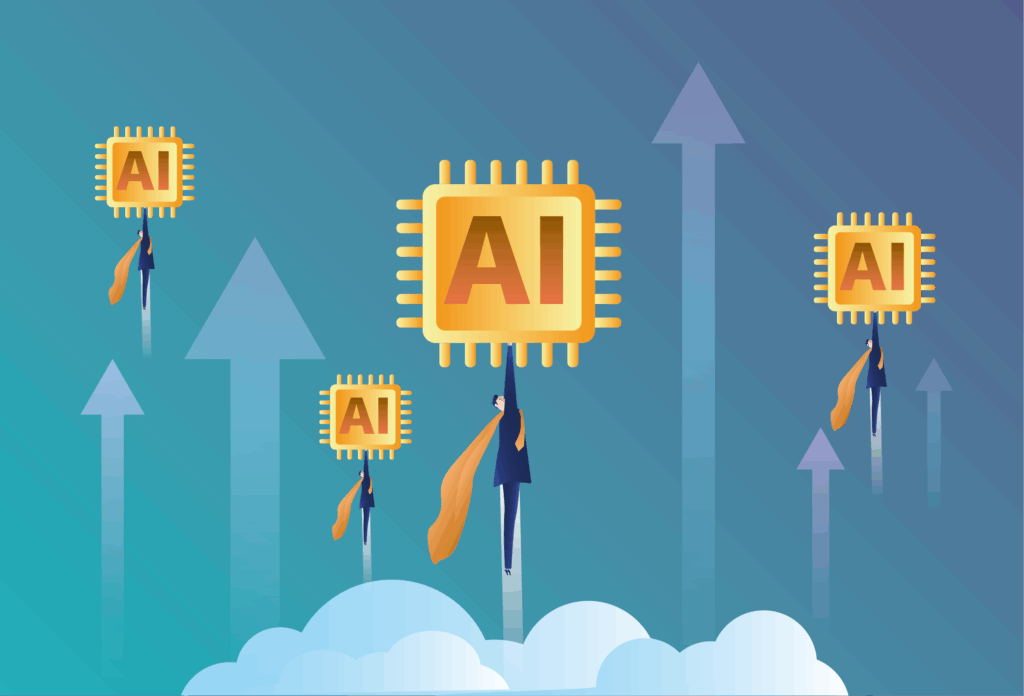
Generation Why?

Ellie is an iPad wizard. This doesn’t surprise me. She is, after all, four years old.
And she’s been honing her iPad skills since she was two. She can easily troubleshoot the Wi-Fi and connect to Amazon Prime to stream her favorite shows. She can navigate the App Store and download music in seconds. Her view of the world and methods of accessing information are markedly different from mine.
I’m a pretty high-tech guy, but I still find myself scrolling through a list of emails rather than using the search feature. Neatly organized files and folders are simply baked into my brain from the 1980s and ’90s. Unencumbered by these archaic notions of computing, Ellie navigates the iPad at light speed.
So I was surprised when she came to me with her iPad asking for help with an unfamiliar button in a new app. The button had a floppy disk on it. While it’s immediately apparent to you and me that this means “save,” Ellie had no idea what the picture represented. In her world, floppy disks have never existed. As a matter of fact, the concept of “saving” work is equally foreign. In her world, the system always remembers where you were when you close the cover. Can you imagine writing in a notebook only to have the ink disappear when you close it? Neither can Ellie.
An agency owner told me recently that his firm’s top issue is generational recruiting. Not carrier access, not soft markets, not producer compensation. Generational recruiting.
He’s concerned that if his agency can’t attract bright young talent over the next decade it won’t survive. That’s a bold statement, and it’s probably true. And what is the biggest hurdle to attracting generational talent? The poor use of technology and inefficient processes. The current crop of twenty-somethings grew up in a different world and has different expectations. They have little tolerance for sitting at a desk updating spreadsheets and slogging through multiple carrier portals to quote new business, even with the promise of healthy compensation, gym memberships and free Starbucks.
It’s possible that the popular view of Generation Y and beyond may be completely wrong. This isn’t a lazy, unmotivated generation. They just don’t comprehend the way most agencies work. And it’s not because they aren’t smart. It’s because the way we run our agencies is dumb. Let’s explore.
Shackled to a Desk
A survey of the top consumers of office space would surely place the insurance industry in the top 10. From carriers to brokers, we love our Class A space with cubicles, window offices for a lucky few and fishbowl conference rooms. Slap in a drop-down flat screen and a video-conference system and you’ve got yourself a pretty modern operation. The problem is the next generation doesn’t want to sit in traffic just to sit at a desk in a cubicle working on a computer that’s slower than an Xbox. They have a better idea. Rather than working virtually alone in a room full of people, how about they skip the commute and work virtually together instead?
Worried about the interaction missed from not being physically together? Allay your fears. This is a generation that has elevated over-communicating to an art form.
They share everything.
All the time.
With everyone.
Give them a social network and set them free. How much does your agency spend on office space, furniture and utility bills? I bet it’s enough to give serious consideration to a real remote working environment. Remote working technology has evolved to the point where running a trial remote working program is completely viable for agencies.
Where’s the Fun?
Today’s college graduates have a low tolerance for doing things that aren’t interesting or fun. In response, traditional companies attempt to inject fun in the margins. Ice cream socials and outside events are great, but they don’t change what it’s like to actually work at your agency. It’s sort of like a prison field trip to the park. You’d have a good time, but at the end of the day you have to go back to your cell.
So how does an agency actually make the work fun? My teenagers would rather do their homework on an iPad than a laptop. Why is this? It’s the same work, process and end result, but there’s something more appealing about the touch device. Good posture isn’t required. You can easily use the iPad reclined on the couch.
Perhaps the intuitive nature of the interface just makes it seem less like work.
So here’s the challenge. You can’t load up your agency management system on the iPad—at least not yet. Also, your agency is full of cubicles and desk chairs and rented plants. Not much room to recline on a sofa. So there are technical challenges, and we need our technology providers to step up to fill the void. On the other hand, we need to look inward with a critical eye at our own processes. Why does your agency process a renewal the way it does? Why do you have fishbowl offices? What would happen if you set up a room full of couches for your colleagues to work, communicate and collaborate? What if you threw away all of the offices and worked more closely among your colleagues and clients?
Both the current generation and the next one don’t have to unlearn the bad habits we’ve picked up while growing our agencies. They are lean, fast and energetic. Different generations have a different view of the world, and we would all benefit from adapting our own worldviews.
Ellie thinks floppy disk icons are dumb.
Now I think they’re dumb too.




